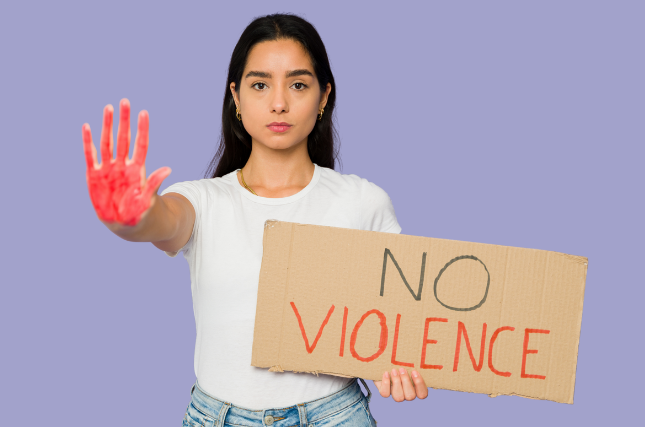
January 24, 2025 – People often misperceive the values and behaviors of their close relationships, believing that they see things the same way, according to a new study by researchers at the Hebrew University of Jerusalem, who have uncovered this fascinating bias.
The study, published in the Journal of Personality and Social Psychology, attributes this inaccuracy to a bias rooted in our own personal values, which is stronger in close relationships. Despite having ample information about romantic partners, parents, children, and friends, we often misjudge their values and behaviors.
“This research highlights just how much our personal values shape not only how we see ourselves but also how we perceive the people we care about the most,” said Ph.D. student Shir Ginosar Yaari, doing research under the guidance of Prof. Ariel Knafo-Noam from the Hebrew University Psychology Department. “Recognizing this bias can help us better understand the roots of our misunderstandings and improve our ability to connect with and appreciate the differences in our closest relationships.”
Personal values, which define what individuals see as important, serve as mental schemas that influence how we perceive others. The research included six studies spanning four countries (Israel, Italy, Poland, and Finland) involving over 2,200 participants. The findings show that even when controlling for the actual values and behaviors of the individuals being perceived, people tend to assume that their close others share their own values.
Interestingly, some evidence suggests this bias is stronger in higher-quality relationships, implying that the closer we feel to someone, the more we see them as aligned with our personal values. This projection bias was consistent across diverse populations and cultural backgrounds, adding to its significance and generalizability.
While such idealization can sometimes enhance relationships by fostering positivity, it can also lead to misunderstandings, false expectations, and miscommunication. For example, the study highlights that this bias might reduce the effectiveness of value-based socialization, such as parents influencing their children’s values, as children are more likely to perceive their parents as already sharing their own values rather than learning from their parents’ actual beliefs.
The research also raises intriguing questions about the potential mechanisms behind this bias. Are people motivated to view their close others positively because it reflects on their own identity? Or is it simply easier to assess others by anchoring judgments on their own values? The study calls for further experimental research to explore these questions and to understand the implications of this bias in real-time interactions.
By understanding how and why these biases occur, we can work towards better communication, deeper empathy, and stronger relationships in both personal and professional settings.
The research paper, “Wishful Perceiving: A Value-Based Bias for Perception of Close Others,” is now available in the Journal of Personality and Social Psychology and can be accessed here.
Researchers: Shir Ginosar Yaari1 , Dana Katsoty1 , Anat Bardi2 , Daniela Barni3 , Ewa Skimina4 , Jan Cieciuch5, 6, Jan-Erik Lönnqvist7 , Markku J. Verkasalo8 , and Ariel Knafo-Noam1
Institutions:
- Department of Psychology, The Hebrew University of Jerusalem
- Department of Psychology, Royal Holloway, University of London
- Department of Human and Social Sciences, University of Bergamo
- Institute of Psychology, SWPS University
- Institute of Psychology, Cardinal Stefan Wyszyński University in Warsaw
- University Research Priority Program Social Networks, University of Zurich
- Swedish School of Social Science, University of Helsinki
- Department of Psychology, University of Helsinki




